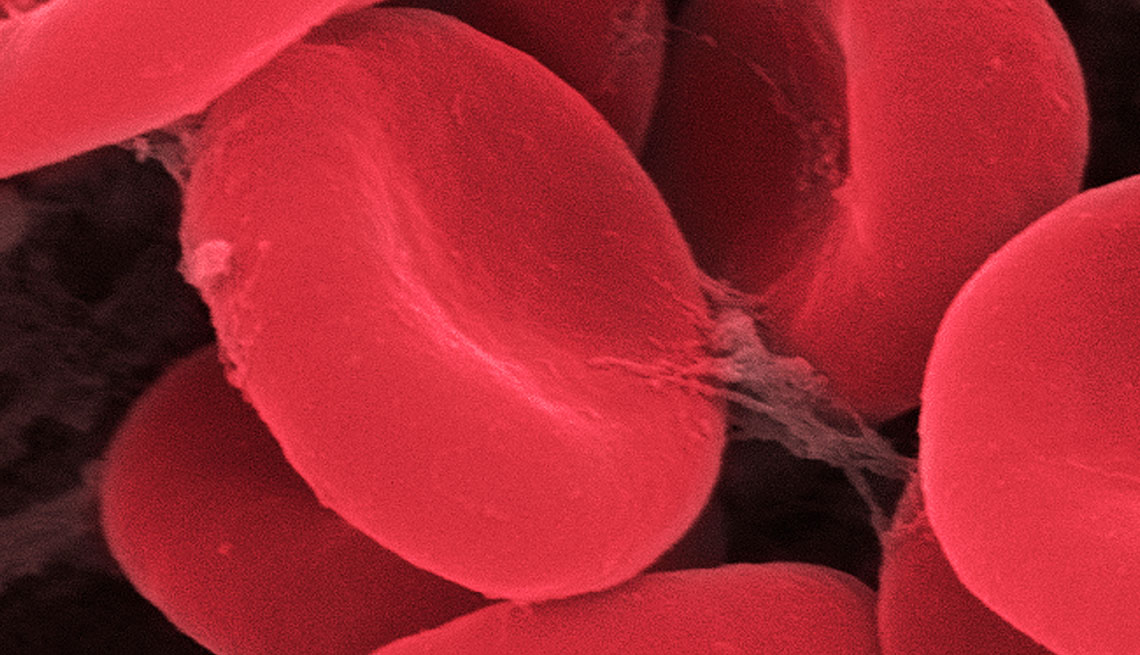
If you develop DVT, you might notice that an area of your leg feels warm, looks red and is tender to the touch. Consider this constellation of symptoms to be a sign that you need immediate medical attention, so go to the emergency room or call 911.
Blood clots in the brain
A sudden, severe headache — the worst you've had in your entire life — might indicate that you have a blood clot in a vein in your brain. So, too, can weakness in your face or limbs, difficulty speaking or vision problems. One type is cerebral venous sinus thrombosis (CVST), which is what's currently being investigated as a possible rare adverse event linked to the adenovirus vector vaccines made by AstraZeneca and Johnson & Johnson for COVID-19. Only about 5 people out of a million have a CVST each year. It's often but not always fatal.
"This is very, very rare,” says Janbain. This type of clot is most apt to strike in newborns or in premenopausal women who have a combination of risk factors. “They're often on birth controls and have another issue, such as an inherited clotting disorder,” she explains. “I haven't had any patients [with CVST] so far who don't have an underlying condition.”
Blood clots in major arteries
When hematologists talk about blood clots, they're focusing primarily on clots that form in veins due to hypercoagulation, meaning blood that clots too easily, says Janbain. Still, you should know that other types of clots play a key role in strokes and heart attacks: When fatty deposits called plaque build up in arteries (which carry blood from the heart to the rest of the body), they can rupture, forming a clot that breaks off and obstructs blood flow. If such a clot blocks blood flow in an artery to the brain, it will cause an ischemic stroke. When the same thing happens in an artery that supplies blood to the heart, it causes a heart attack.
Blood clots in the lungs
Some blood clots originate in the deep veins of the legs and travel to the lungs, but it's also possible for a clot to initially form in the veins of the lungs. Either way, you'll likely have chest pain and trouble breathing and will require immediate medical help.
Abdominal blood clots
Abdominal blood clots aren't very common, but they are serious. You might develop belly pain, nausea or vomiting. “You might feel your heart beating fast in your chest,” adds Janbain. Again, this is a medical emergency, so get help right away.
"danger" - Google News
April 15, 2021 at 05:42AM
https://ift.tt/32iuNP4
Blood Clots: What They Are and When They're Dangerous - AARP
"danger" - Google News
https://ift.tt/3bVUlF0
https://ift.tt/3f9EULr
No comments:
Post a Comment